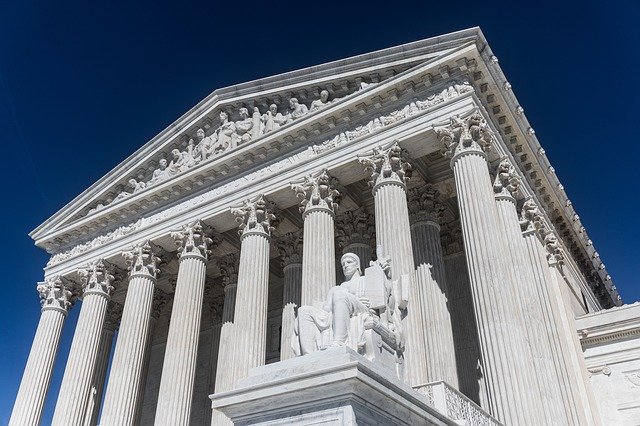Image Credit: MarkThomas from Pixabay.
[Originally published as a Feature Article: Will the Courts Treat Foreign Data Privacy Laws as Fact or Farce in U.S. Contracts?, by Amira Bucklin and Lily Li, in Orange County Lawyer Magazine, May 2021, Vol. 63 No.5, page 40.]
by Amira Bucklin and Lily Li
In 2020, when lockdown and shelter-at-home orders were implemented, the world moved online. Team meetings, conference calls, even court hearings entered the cloud. More than ever, consumers used online shopping instead of strolling through malls, and online learning platforms instead of classrooms. “Zoom” became a way to meet up with friends over a glass of wine, or conduct job interviews in a blouse, suit jacket, and yoga pants.
This has had vast consequences for personal privacy and cybersecurity. While most consumers might recognize the brand of their online learning platform, ecommerce store, or video conference tool of choice, most consumers don’t notice the network of service providers that work in the background. A whole ecosystem of connected businesses and platforms that collect, store, and transfer data and software, all governed by a new set of international privacy rules and contractual commitments. Yet, many of these rules have not been tested in the courts, and they have several implications in the context of privacy.
The Privacy Conundrum
This month marks the three-year anniversary of the EU’s General Data Protection Regulation (GDPR). As expected, its consequences have been far-reaching, and fines for violations have been staggeringly high.
The GDPR requires companies in charge of personal data (“data controllers”) to enter into data processing agreements with their service providers (or “data processors”), including, at times, standard data protection clauses drafted by the EU Commission. These data processing mega-contracts (ranging from 1-100+ pages) impose a series of foreign data protection and security obligations on the parties.
A unique challenge presented by these contracts is the fact that such data processing agreements and model data protection clauses often include their own choice of law provisions, calling for the applicability of EU member state law, and requiring the parties to grant third-party beneficiary rights to individuals in a wholly different country.
This challenge is not just limited to parties contracting with EU companies, either. Due to the GDPR’s extraterritorial scope, two U.S.-based companies can enter into a contract subject to the laws of the State of California, but which includes a data processing addendum or security schedule that is subject to the laws of the United Kingdom, France, or Germany.
What happens if there is a dispute between these parties regarding their rights and responsibilities, which are subject to foreign data protection laws? How will U.S. courts treat these disputes? How much deference will—and should—a U.S. court provide to foreign interpretations of law?





